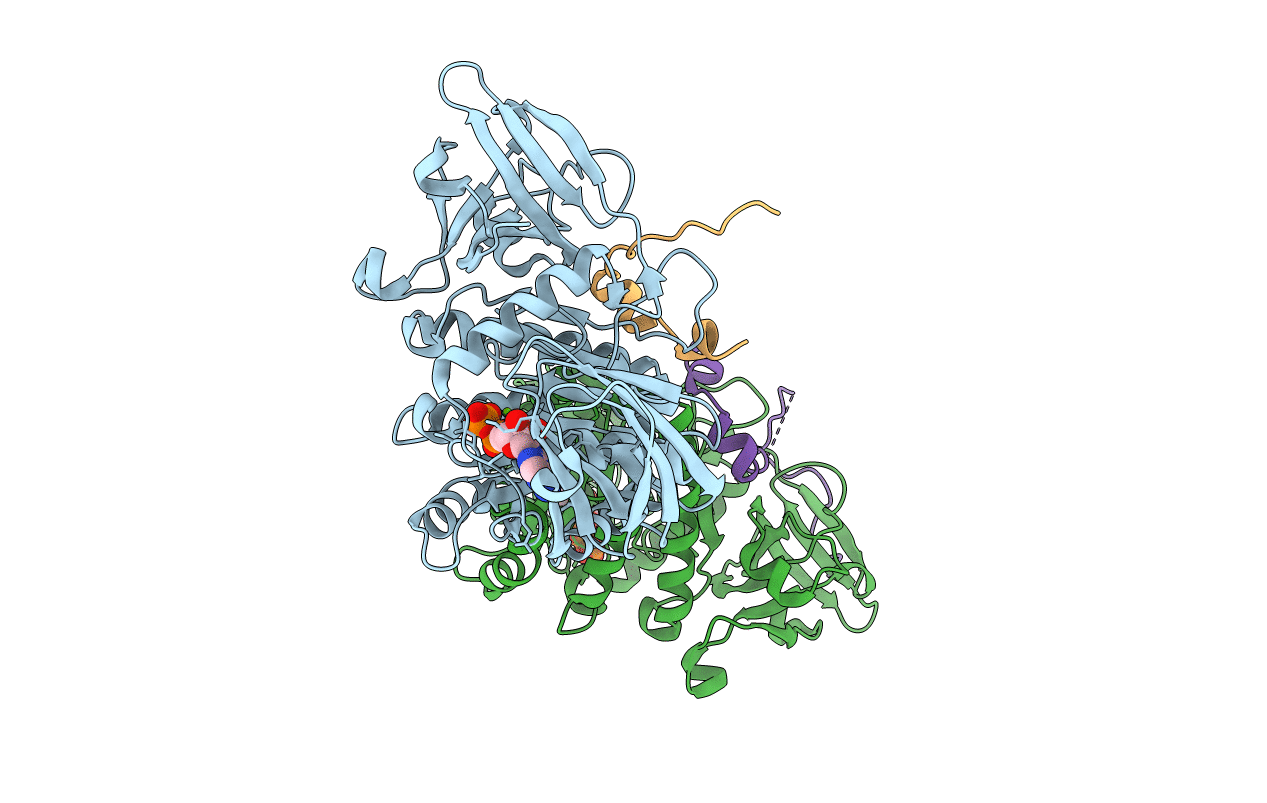
Deposition Date
2013-08-01
Release Date
2014-02-19
Last Version Date
2023-12-20
Entry Detail
Biological Source:
Source Organism(s):
SACCHAROMYCES CEREVISIAE (Taxon ID: 4932)
Expression System(s):
Method Details:
Experimental Method:
Resolution:
2.77 Å
R-Value Free:
0.21
R-Value Work:
0.17
R-Value Observed:
0.18
Space Group:
P 21 21 21


